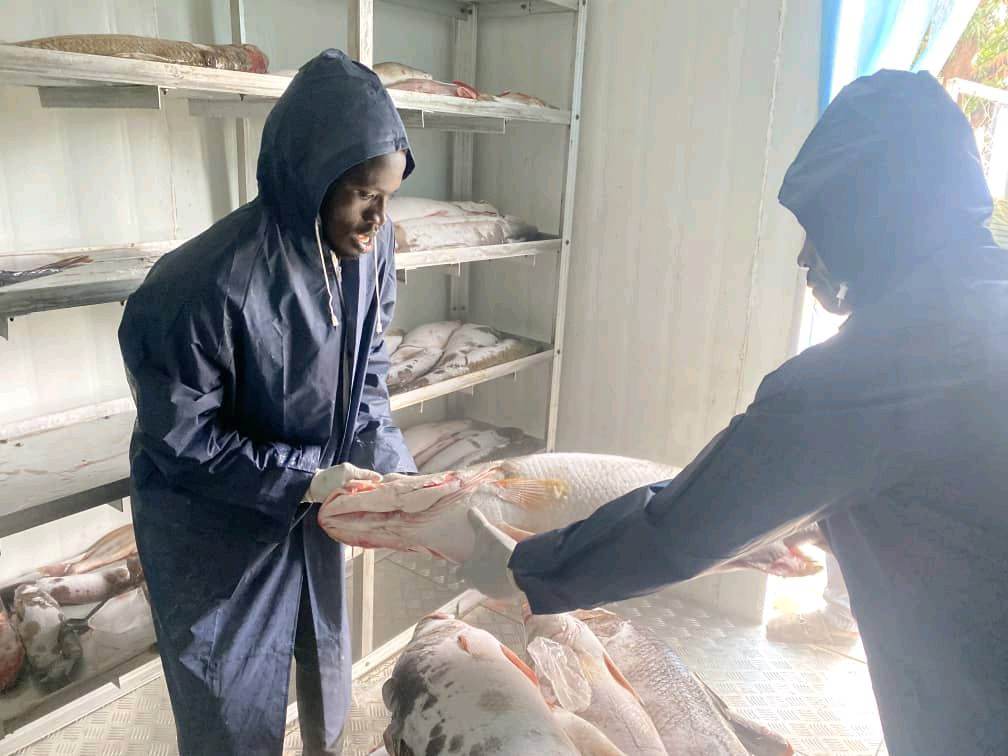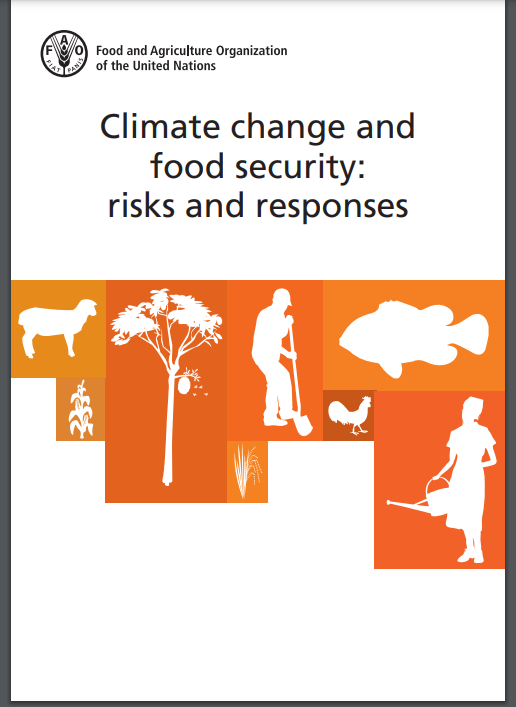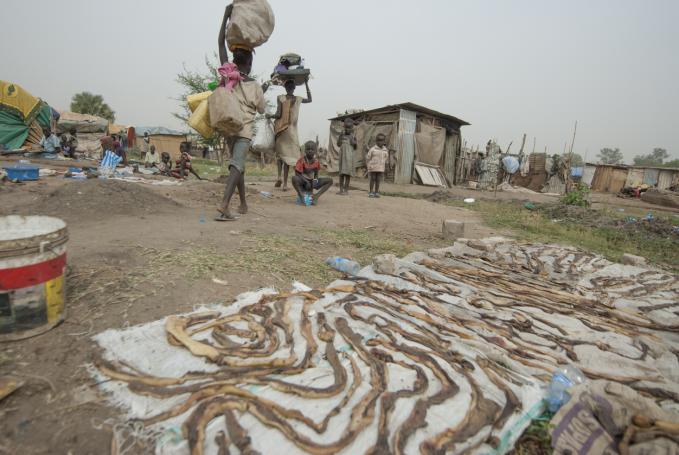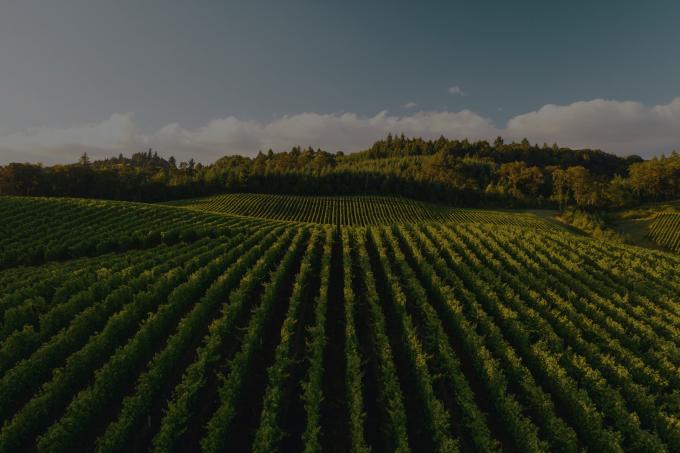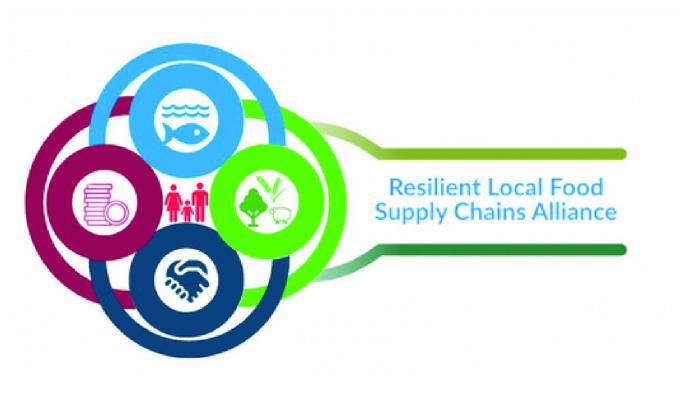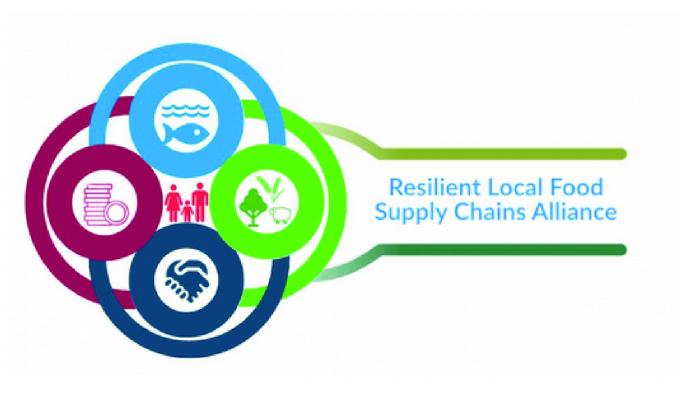Period
2022 - 2023
In sub-Saharan Africa, post-harvest losses and supply chain inefficiencies lead to significant income and production losses. GreenBox offers a solution with a mobile, solar-powered cold storage unit. Accessible to smallholder farmers on a rental basis, GreenBox extends the shelf life of perishable goods from 2 to 21 days and reduces losses by 90%. This innovative approach not only boosts farmers' incomes, but also addresses environmental concerns by minimising greenhouse gas emissions.
You must be registered to see all the content
Identification needs
Threat: post-harvest losses. Globally, 1.3 billion tons of food is lost each year (UN, FAO). Post-harvest Losses of vegetables and fruits occur at all points in the supply chain from post-production storage to consumption. UNEP estimates that a staggering 10% of food waste related to CO2 emissions come from inefficiency in post-harvest cold chains. Countries in Sub-Saharan Africa have been found to lose as much as 50% percent of their total harvested food, with up to 94% of these losses attributed to inefficient supply chains. Just in my pilot community here in Congo, over 5,000 farmers are losing nearly 1 million US dollars every year due to post-harvest losses. Current post-harvest losses pose a threat to the population in terms of food and financial stability. Post-harvest loss is a threat to food security, economic stability as well as environmental protection that affects most farming communities.
Stakeholder change
The Solution: Solar-Powered Cold Storage Unit for smallholder farmers and traders. Our mobile off-grid preservation technology is made of cold room panels, sensors, a condensing unit and an evaporator. This technology extends shelf life of perishable crops from the usual 2-day period to 21 days. The technology is available to smallholder farmers and traders as a service. We rent out storage spaces to farmers at a daily fee or weekly subscription. GreenBox locally assembles custom-made electric tricycles that run on Li-ion batteries, powered by solar charging stations. These electric tricycles target all sectors of the community, including small farmers and women's organizations. Our solution is unique because it is affordable and accessible. We are creating a community storage unit where farmers do not need to pay the cost of the entire unit up front and do not need expertise related to maintaining the unit.
Change triggered
Reducing greenhouse gas emissions and conserving environmental resources; Environmental Protection; Alleviating poverty in small-holders' farming communities and boosting the local economy; Economic Stability; Creating employment opportunities for women and youth; Reduce food waste; GreenBoxes extend the shelf life of perishable foods from 2 days to 21, reducing post-harvest losses by 90%; Increase the income of local farmers (with more of their harvest to sell, smallholder farmers will be able to increase their annual income by 150%); Create jobs for women: our goal is to hire primarily women to manage operations and revenue collection at GreenBox stations. Reduce malnutrition: more nutritious foods will be available to people in rural and urban areas, especially children. Self-sufficient business model: our business model will allow us to become autonomous during the first year of operation. No poverty.
Short description
GreenBox is installed in the main food production and consumption centers (markets and farms), farmers place their products in clean plastic crates, these plastic crates are stacked inside the cold room. This extends the freshness of fruits, vegetables and other perishable foods from 2 days to approximately 21 days. The solar-powered walk-in cold room is made of 120mm cold room insulation panels to retain the cold. Energy from the solar panels mounted on the roof of the cold room is stored in high capacity batteries, these batteries power an inverter which in turn powers the refrigeration unit.SDG 1: No Poverty – GreenBox's solution has helped increase income levels by providing mobility to enable economic practices, for example farming, buying and selling. The increase in income has affected the lives of more than 1,300 rural people since 2020.SDG 2: Zero Hunger – Before the introduction of the tricycle, small-scale horticulturalists said they often left much of their produce at home.

